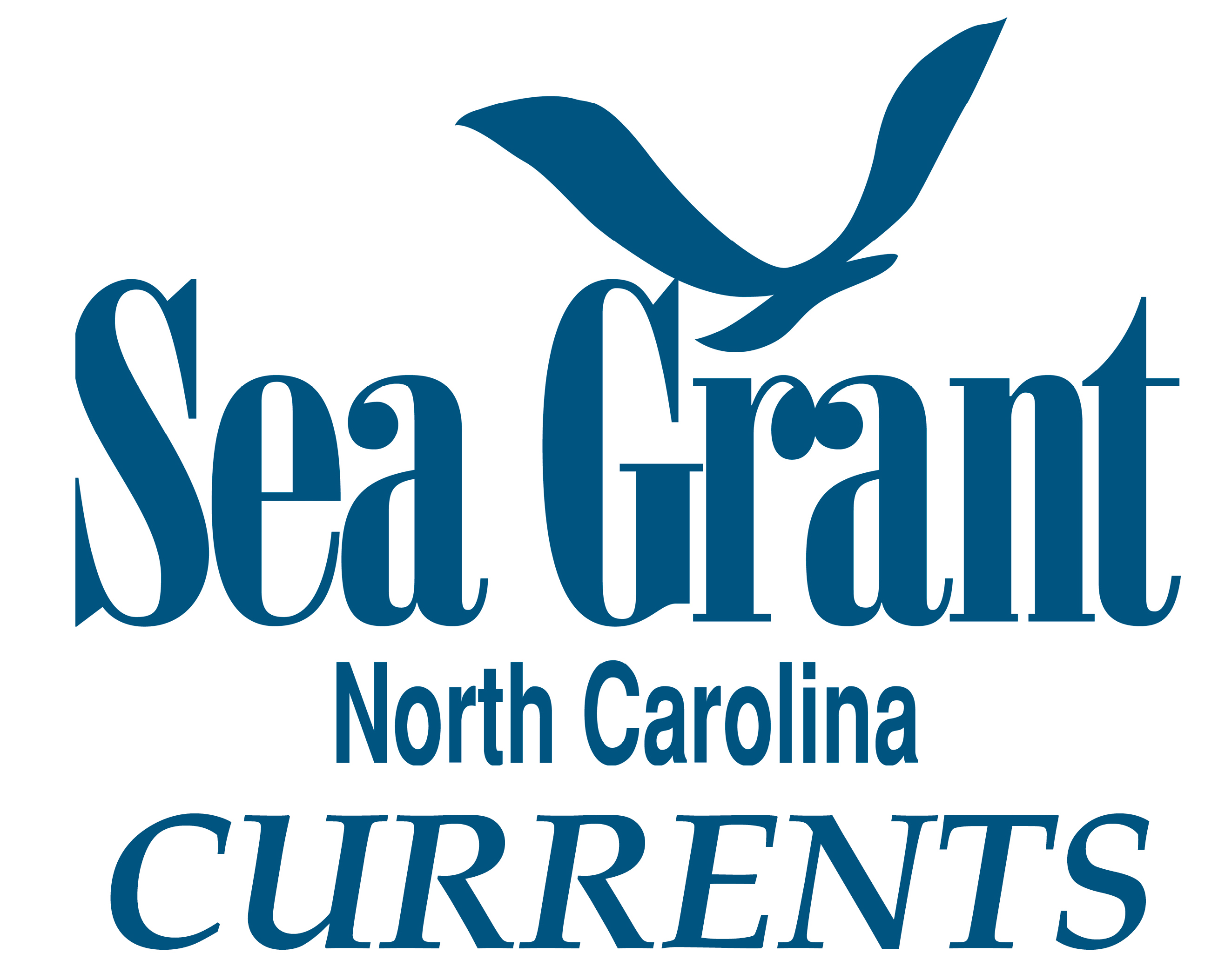Seth Theuerkauf discusses his work studying the effects of the common reed —
Phragmites australis — on the marshes at Kitty Hawk Woods and Currituck Banks reserves....
Continue reading "Phragmites: Always a foe, or sometimes a friend?"
Jill Arriola, 2015 North Carolina Sea Grant/N.C. Coastal Reserve and National Estuarine Research Reserve Program fellow, describes the challenges of her field work. She is studying the effects of sea-level rise on the Emily and Richardson Preyer Buckridge Reserve....
Continue reading "Looking Deeper into a State Reserve"
Sara Mirabilio goes in search of the source of yellow ocean water. Perhaps it is
Trichodesmium erythraeum, a marine cyanobacterium found worldwide in tropical and subtropical waters. The blue-green algae blooms seasonally off the North Carolina coast. Charter boat captains regularly share accounts of “marine pollen” or “sulphur” when describing an occurrence of yellow coastal waters, which likely are spottings of
Trichodesmium blooms. ...
Continue reading "Pollinated? Coastal Waters Run Yellow"
Shannon Brown studies the collection of biological, physical and human-produced sounds in the estuarine environment. She shares some recordings she gathered from Rachel Carson Reserve. Brown, a graduate student at North Carolina State University, was a joint North Carolina Sea Grant/N.C. Coastal Reserve fellow in 2014....
Continue reading "Sounds of the Sound"
Susan White, North Carolina Sea Grant executive director, explains why she's looking forward to North Carolina's Coastal Conference,
#NCCoastConf, on April 14. And she invites you to join her there....
Continue reading "A One-Stop Shop for Coastal Topics"
